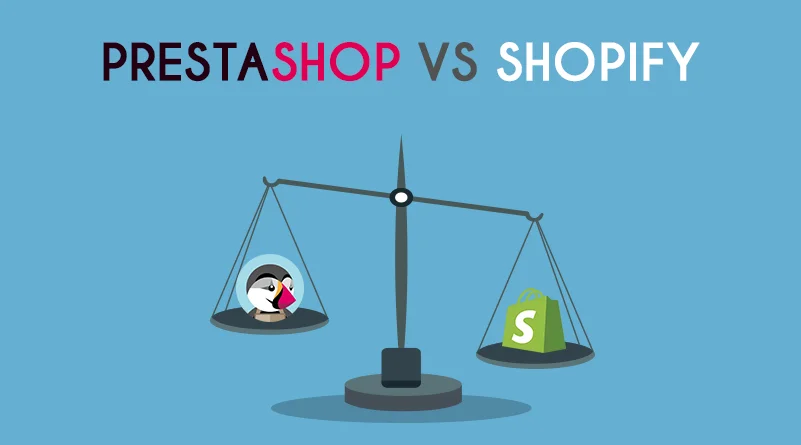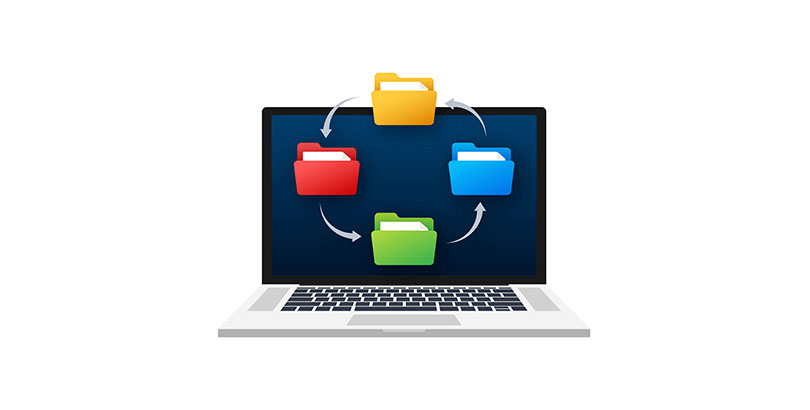
Introduction
Starting a business in Kenya is never easy. Most entrepreneurs begin with limited capital, and the thought of investing in technology often feels like a luxury they cannot afford. Yet, in the current business environment, technology is no longer optional. Customers expect businesses to be online, transactions need to be seamless, and operations must run efficiently. Without the right tools, startups risk falling behind.
The good news is that technology does not always mean high costs. Today, there are practical, affordable, and even free solutions that can help startups compete with established businesses. From cloud tools to mobile payment systems, the right tech can transform a business while keeping costs under control. Let us break down the most impactful and budget-friendly solutions available to startups in Kenya.
I. Cloud-Based Tools and Storage
In the past, businesses had to spend millions on physical servers and licensed software. This locked many small businesses out of digital transformation. Today, cloud-based platforms such as Google Workspace and Microsoft 365 offer affordable ways to manage files, collaborate, and communicate.
With these tools, startups pay only for what they need. A team of five can subscribe to the lowest plan and still enjoy professional emails, shared calendars, and secure file storage. The flexibility of scaling up as the business grows makes cloud tools one of the smartest investments for startups running on a budget.
II. Affordable Websites and Online Presence
The reality in Kenya today is simple: if customers cannot find you online, you do not exist to them. A website builds credibility, makes your brand searchable, and opens the door to e-commerce and digital marketing opportunities.
Platforms like WordPress, Wix, and Shopify have made it possible for startups to build professional websites at low cost. All you need is a domain name, a template, and some content about your business. When paired with social media platforms like Instagram, TikTok, and Facebook, your business becomes visible to thousands of potential customers at a fraction of what traditional marketing would cost.
III. Cost-Effective Marketing Tools
Traditional marketing methods like TV, radio, and billboards are expensive. Startups cannot afford them, but digital marketing levels the playing field. With just a few hundred shillings, businesses can run targeted social media ads that reach thousands of potential clients.
On top of that, free tools like Canva allow startups to design high-quality posters, flyers, and logos without hiring a graphic designer. Email marketing platforms such as Mailchimp and MailerLite also provide free plans for startups, allowing them to maintain regular contact with customers through newsletters and promotions. By using these tools, startups save money while keeping their brand visible and active.
IV. Project and Task Management Solutions
Startups juggle many tasks at once. From sales to customer service and finance, things can easily become disorganized. While WhatsApp groups are common for coordination, they often lead to confusion.
Affordable platforms like Trello, Asana, and Notion bring structure and clarity. Even in their free versions, these tools allow startups to assign tasks, set deadlines, and track progress in real time. This increases accountability, avoids missed deadlines, and ensures that limited resources are used effectively.
V. Mobile Payments and Accounting Tools
Kenya’s mobile money ecosystem is one of the most advanced in the world, and startups should take full advantage. Integrating MPESA paybill or till numbers into daily operations makes it easier for customers to transact and builds trust instantly.
In terms of financial management, startups often struggle because they cannot afford full-time accountants. Affordable tools like Wave Accounting and Zoho Books provide free or low-cost options to track expenses, send invoices, and monitor cash flow. This not only helps businesses stay financially organized but also positions them better when seeking credit or investors in the future.
VI. Cybersecurity on a Budget
Many startups in Kenya ignore cybersecurity because they assume it is expensive. Yet even small businesses handle sensitive customer data, and a single breach can be devastating.
Simple steps such as enabling two-factor authentication, using password managers, and installing basic antivirus software can protect startups significantly without spending much. Starting with these affordable measures creates a safety culture that can be scaled as the business grows.
VII. Free Learning Resources and Capacity Building
Technology changes quickly, and businesses that fail to keep up risk being left behind. Training is often costly, but there are plenty of free learning resources available online. Platforms like Coursera, HubSpot Academy, and YouTube offer courses on marketing, customer service, and business management at no cost.
By taking advantage of these resources, startups can upskill their teams and ensure they are making the most out of the affordable tech tools available to them. Knowledge is one of the cheapest but most powerful investments a startup can make.
Conclusion
For startups in Kenya, the idea that technology is expensive is outdated. The reality is that there are plenty of affordable solutions that can help businesses grow without overstretching their budgets. From cloud tools and affordable websites to mobile payments, cost-effective marketing, and free learning resources, the opportunities are endless for those who embrace them.
The secret is to start small with what you can afford and scale as the business grows. By doing this, startups can position themselves for growth, attract more customers, and compete effectively even with limited resources. Technology should not be seen as an expense but as a smart investment that makes growth faster, smoother, and more sustainable.




























